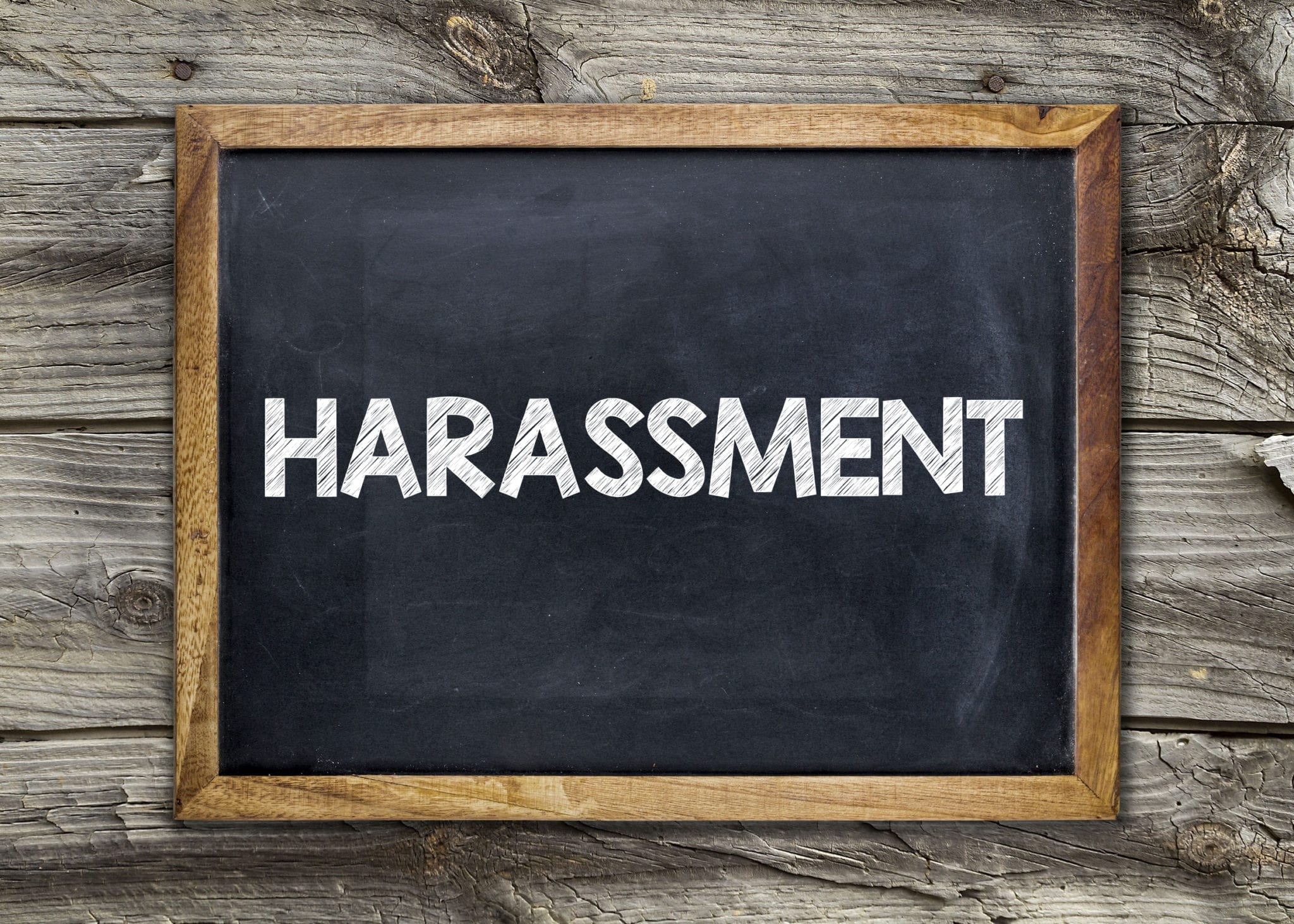It’s tempting to make big gestures on Valentine’s Day. It’s the day of love, after all. The media hypes it up as the time when you should confess your love, get extravagant gifts, or simply surprise your preferred person.
What they don’t say?
You need to make sure that the object of your affection is okay with this, first.
If you go all out for someone who isn’t into it, you might be facing harassment charges. In fact, just sending a Valentine’s Day card to a coworker might be considered workplace harassment.

When Good Intentions Go Bad in Texas
Sending a simple V-Day card might seem innocuous on the surface. However, it’s all about how the recipient responds. It’s all too easy to overstep boundaries and make someone uncomfortable.
In particular, cards with adult humor or romantic topics are completely inappropriate for most offices. Even if your workplace is casual and you think someone will appreciate the humor or thought, receiving an adult card in the workplace could make people uncomfortable.
The difference between jokes on other days and a Valentine’s Day card is the perceived intent of the giver. What may be understood as harmless another time can seem uncomfortable or even threatening.
Harassment Charges in Texas
Most people associate harassment with specifically sexual harassment. Valentine’s Day certainly lends itself to that unfortunate situation. However, harassment doesn’t have to be sexual in nature.
According to Texas law, actions can count as harassment if it’s intended to annoy, alarm, abuse, torment, or embarrass someone else. Even if it is unintentional, you might be committing harassment. For example, sending a Valentine might fall under a few different kinds of harassment.
Obscene Communication Clause
The first and most obvious is the obscene communication clause. Communicating an obscene thought to someone unwilling is considered a harassment offense.
Telephone and Electronic Harassment
You can also fall afoul by telephone or electronic harassment. These two types of crime involve repeatedly communicating with someone that will likely annoy or otherwise harm the other person.
Calling someone anonymously, for instance, or spamming someone with messages declaring your love will easily make a case for harassment charges against you.
Consequences for Texas Harassment
No matter how you dice it, harassment is a crime, and how strictly an offender is punished depends on the circumstances.
General harassment charges are Class B misdemeanors in Texas. This charge can lead to 180 days in jail or $2000 in fines. However, these charges can also be increased.
If you have prior harassment charges, subsequent convictions are considered Class A misdemeanors. That increases jail time potential to a year in prison or $4000 in fines.
Beyond Legal Consequences
A harassment charge is serious business. Even if you aren’t convicted, many employers don’t want to risk a civil suit for a hostile workplace.
If your harassment charge goes to trial, you risk losing your job. If you’ve made an innocent gesture and been slapped with a charge of harassment, you should find an attorney immediately.
A Thorough Texas Defense May Get Your Charges Reduced or Dropped

An experienced Texas criminal attorney can help you defend yourself. The best-case scenario is that your lawyer helps you get the charges dropped.
Even if that doesn’t happen, they can help you navigate the legal system. Having that kind of help can make the difference between losing a year of your life or moving past the problem. You deserve to have a happy Valentine’s Day, even if your advances turned out to be unwelcome.
About the Author:
Brandon Fulgham has an in-depth understanding of both Texas law and Texans themselves. Before practicing law here, he received his undergraduate degree from TCU, and his law degree from South Texas College of Law in Houston. After graduation, he worked in District Attorneys’ offices as a prosecutor, building cases designed to put people behind bars. Now, he uses that knowledge to protect the rights of people in and around Fort Worth, making sure they receive the strongest possible defense when they find themselves on the wrong side of the law. He has been recognized for his work by The National Trial Lawyers, Fort Worth Magazine, and others.